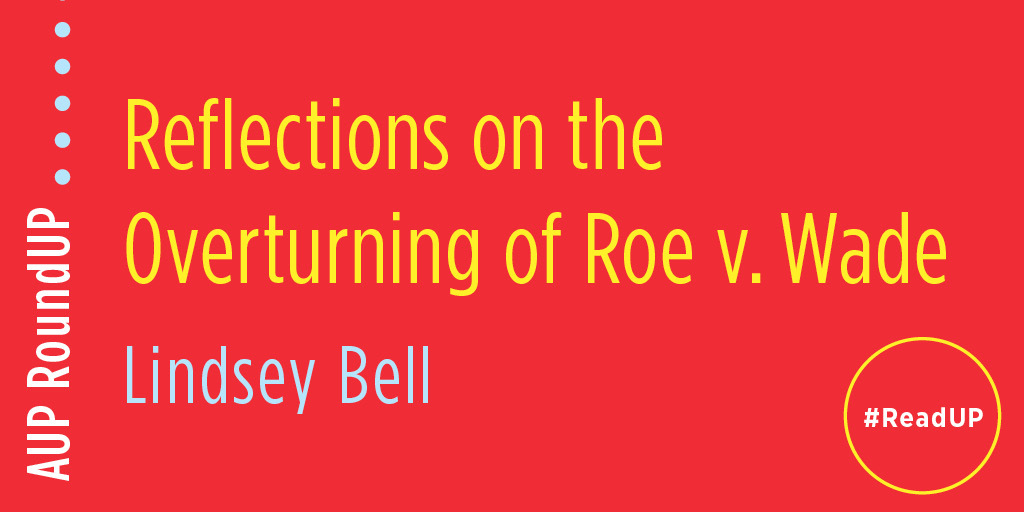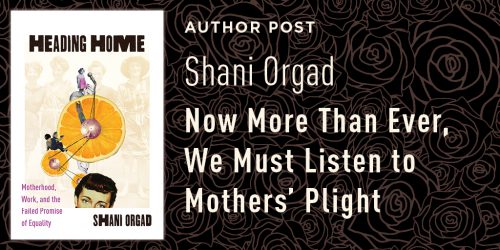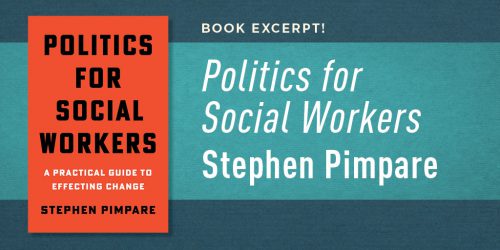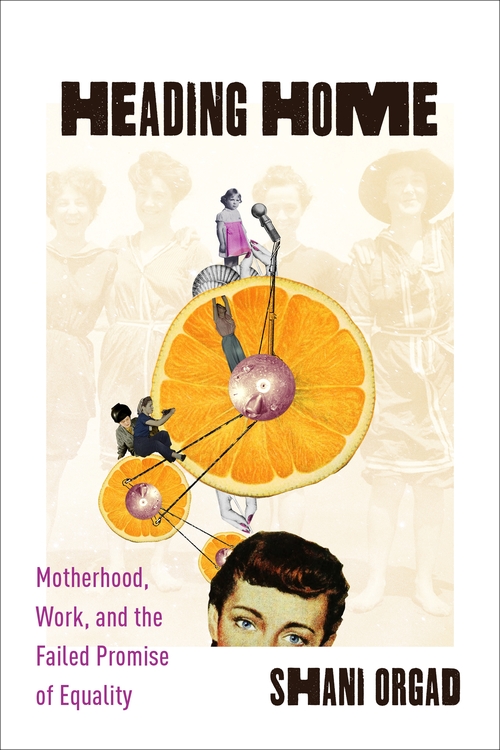Reflections on the Overturning of Roe v. Wade An AUP RoundUP
Lindsey Bell

On June 24, 2022, the United States Supreme Court ruled to overturn Roe v. Wade (in Dobbs v. Jackson Women’s Health Organization), the landmark ruling that established the constitutional right to abortion in the United States in 1973. Abortion is now illegal in more than a dozen states whose “trigger” laws, which immediately went into effect after Roe v. Wade was overturned. Several more states have severely restricted access to abortion. Supporters of abortion rights immediately condemned the ruling, and abortion opponents praised a decision they had been working toward for many years.
This AUP RoundUP highlights the responses to this decision by scholars and provides a reading guide for learning about the history of abortion and women’s reproductive rights around the world. It’s also dedicated to helping readers understanding the significance of overturning Roe v. Wade.
“Many there [South and Central America] are struggling to understand how America—still in some ways viewed as a democratic ideal if not a reality—can have prohibited the voices of women, turning choice into a crime. I was deeply moved by the continued relevance of my work, but also made aware by these courageous young women of how crucial our voices are—the voices of women everywhere.”—Jane Lazarre
Duke University Press features a guest post by author Jane Lazarre, whose first book, The Mother Knot, is a memoir about pregnancy, giving birth, and the first few years of motherhood. Lazarre writes passionately about the overturning of Roe v. Wade and shares her reflections on her experiences as a woman, mother, and author.
“One does not have to agree with this view of abortion in order to recognize the deep distress it causes people who genuinely believe it. That’s where both truthfulness and empathy come in.”—R. Marie Griffith
In this excerpt from R. Marie Griffith’s book, Making the World Over: Confronting Racism, Misogyny, and Xenophobia in U.S. History, Griffith reflects on the original passing of Roe. v. Wade, explores the role that religion has played in views on abortion, and theorizes about how Americans can work together to find common ground.
Hopkins Press has compiled a reading list full of academic journal articles about health care and reproductive rights in the hope of providing a deeper understanding of the context of the current situation and its complex history. This list tackles topics including insurance coverage and access to health care, the affordability of abortion for low-income women, and the human rights dynamics of abortion law. Additionally, the editors of the Journal of Women’s History have provided access through the end of the summer to their own list of articles about abortion, many of which grant an international perspective on abortion and women’s reproductive rights.
Stanford University Press has compiled a reading list that features seven books on the topic of reproductive rights. These books not only explore the politics of modern abortion law but also provide a historical and international look at reproductive rights.
I’ve added all seven of these books to my personal reading list, but I’m especially excited to read The New States of Abortion Politics, which looks at other recent Supreme Court rulings on abortion. I’ll also be reading Birthing a Movement: Midwives, Law, and the Politics of Reproductive Care, which shares personal stories from midwives as they navigate through the law, politics, and activism for women’s reproductive rights.
FINAL THOUGHTS . . .
The overturning of Roe v. Wade has left millions of women distraught, enraged, and feeling hopeless—myself included. Yet no one has expressed this better than the three dissenting liberal Supreme Court Justices, Stephen Breyer, Sonia Sotomayor, and Elena Kagan.
“After today, young women will come of age with fewer rights than their mothers and grandmothers had,” they wrote, “With sorrow—for this Court, but more, for the many millions of American women who have today lost a fundamental constitutional protection—we dissent.”—Stephen Breyer, Sonia Sotomayor, and Elena Kagan
Despite the devastation caused by this ruling, all hope is not lost. Generations before us fought tirelessly to gain and protect our rights, and we will continue that fight. Join us as we arm ourselves with knowledge and compassion and continue to fight for women’s reproductive rights.







